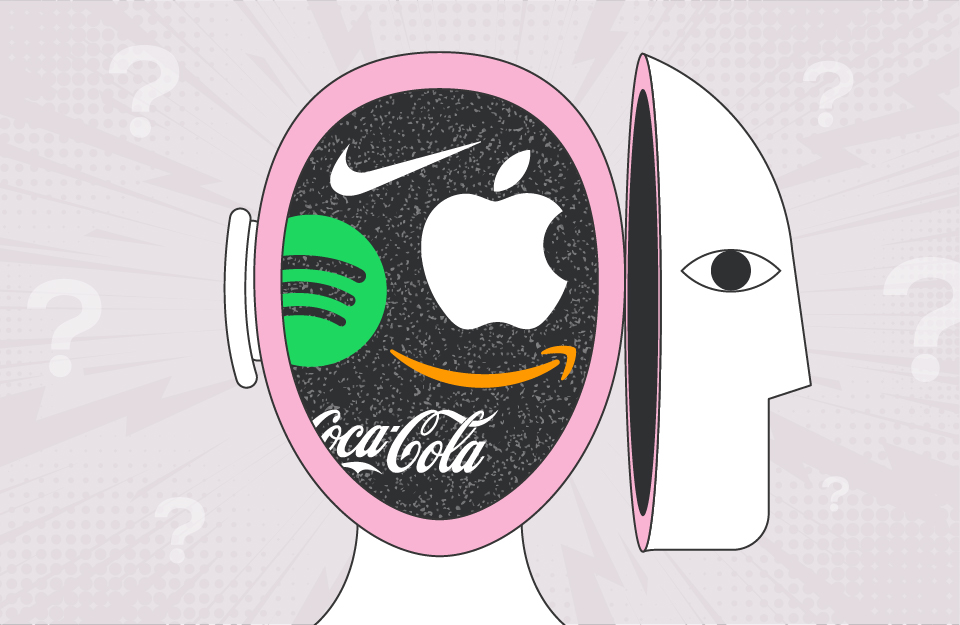Did you know that 8/10 online stores fail in the first 24 months? This is often because far too much time is spent on getting the product right and not building a pre-launch audience.
Did you know that consumers spend more online when marketing is personalised to them? This can often be up to 48% more per person.
These are just two quick examples which illustrate the value of product marketing. More on that later.
Economic value of brand marketing
We also have the economic value of marketing to consider.
It has been found that there is a strong and positive relationship between investment in brand marketing and economic development.
The ‘market value’ of a company is often higher than its ‘book value’ or the value the accountant’s place on the company. This is because the value of a brand is not held on company balance sheets.
The value of national brands in economic gross domestic products (GDP) has been rapidly increasing since the 1950s, many studies have found but there isn’t any agreement on how to account for this on balance sheets.
It’s interesting that this lack of accounting for brand value actually destabilises the markets! It’s part of the problem of ‘imperfect information’ where markets are ineffective if information is withheld. Not good!
For example, the gross domestic products of many developed countries have risen greatly over the last 50-60 years. Brand marketing has contributed strongly to this BUT it can’t be traced back to individual company values.
The power of brand and marketing won’t be fully acknowledged until brand assets are listed as such and valued on balance sheets.
Value of product marketing
Going back to product marketing it’s often not the best product that wins the game in the end, it’s the best-known product.
Once a new product or a new eCommerce store is launched there is a very short period of time for it to reach a critical mass and be profitable.
As mentioned above, a large majority of new eCommerce stores fail within 2 years. This is usually because too much time has gone into refining the product and the offering.
It’s more important to optimise the branding and marketing; to sell the vision. Then, the strategy should be to build up an audience before launch.
In this agile age, the product can be altered and refined (or in technical speak, ‘iterated’) once in-market.
Alternatively, you launch with what you think is a perfect product but a weak brand and marketing plan, leaving the business under sales pressure from the start.
How do you know you have the perfect product anyway?
E-commerce = social commerce
E-commerce is rapidly morphing into social commerce and it’s crucial that social marketing is embraced as early as possible. It can be a very crowded marketplace but if the brand and vision are unique then plan to sell and market that as early as possible.
It’s your conversation and story.
The more fans, influencers and brand advocates your business can win, early on, the better. They can help with early product testing and feedback and further market the product.
Finally, they should be with you for the whole journey and form your loyal and lucrative set of VIP customers!




